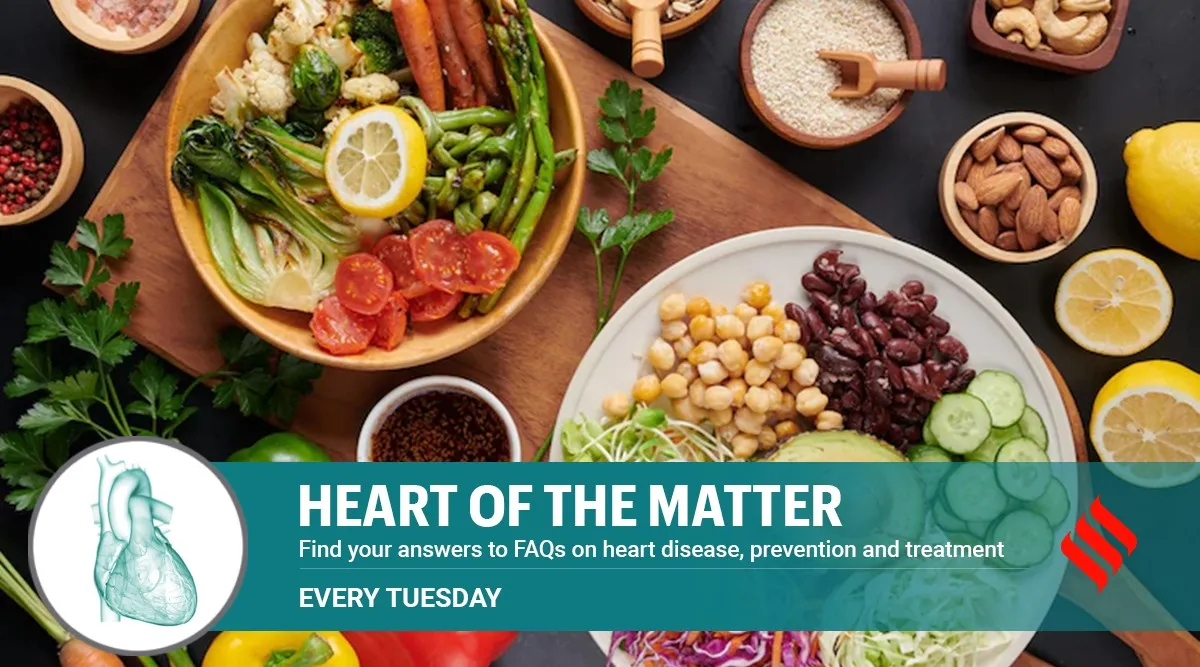Why the DASH diet has been voted the best when it comes to protecting you from heart attack risk

We are often told that diet plays an important role in protecting our heart health. Now the American Heart Association (AHA) has done an evidence-based analysis which shows that the popular ketogenic, vegan and paleo diets yield no benefits to the heart while the Dietary Approaches to Stop Hypertension (DASH), Mediterranean, pescetarian and vegetarian diets are still the best bet. A scientific statement from the American Heart Association made by Christopher D. Gardner, the Rehnborg Farquhar Professor of Medicine at Stanford University, said, The number of different, popular dietary patterns has proliferated in recent years and the amount of misinformation about them on social media has reached critical levels. The public and even many health care professionals may rightfully be confused about heart-healthy eating, and they may feel that they dont have the time or the training to evaluate the different diets. We hope this statement serves as a tool for clinicians and the public to understand which diets promote good cardiometabolic health. The report evaluated 10 popular diets and how they aligned with nine of 10 features of the AHAs dietary guidance for heart-healthy eating: Consuming a wide variety of fruits and vegetables, choosing mostly whole grains instead of refined grains, using liquid plant oils rather than tropical oils; eating healthy sources of protein, such as from plants, seafood or lean meats; minimising added sugars and salt; limiting alcohol; choosing minimally processed foods instead of ultra processed foods; and following this guidance wherever food is prepared or consumed. The AHA didnt list the energy balance needed to maintain a healthy weight because it is dependent on not just diet but physical activity levels. The diets were rated on a scale of 1 to 100. Only DASH got the perfect score. For a long time, cardiologists have only been referring to a DASH diet to prevent heart disease. But we dont call it as such because then people tend to put everything in boxes rather than understand the nutritional logic of what is being said. This is a very simple diet that is low in salt, low fat, allows only fat-free dairy products, has no added sugar, uses no tropical oil, processed foods, trans fats or starchy vegetables. It features plenty of fibre-rich vegetables, fruits, whole grains and legumes. Proteins include legumes, beans and nuts. Animal protein is confined to fish, seafood and lean poultry, definitely not meats, saysDr Mukesh Goel, Senior Consultant, Cardiothoracic and Heart Surgery, Indraprastha Apollo Hospitals, New Delhi. And although people are keener to follow the Mediterranean diet, Dr Goel says his patients may not understand the limits to the wine that is used or added salt. Whats surprising in the ratings is for the pescetarian diet (at 92), which comprises fish, seafood and plant foods and vegetarian diets (at 86) scored over vegan diets. We never recommend a vegan diet because of its restrictive nature and the possibility of micronutrient deficiency like that of vitamin B-12, which can lead to anaemia, he adds. As for low-fat, explains Dr Goel, people are still confused about saturated and unsaturated fats. And in the absence of a general nutrition awareness, patients may have a low-fat meal but over-consume refined carbohydrates and such. Indians are still to get used to the idea of prioritising fibres. As for Paleolithic (which ranks at 53) and very low-carb/ketogenic diets (which ranks at 31), Dr Goyal feels they are primarily geared to only weight loss. Also, there is no evidence yet that they are more effective in weight loss than less restrictive diets over the long term. And they are high fat. The most important part of a heart-healthy diet is that it has to be sustainable and reasonable over the long term, something that people can comply with. Thats why DASH works, he says. Compliance is the biggest obstacle that Dr Goel has seen in his patients. More than 50 per cent of my patients do not follow the dietary advice truthfully except during the phase when they feel sick. Indians are prisoners of their taste and that begins at a young age. Thats why I keep on saying that condition your childs taste buds from age 10. Just move away from high fat, high salt food, because once exposed and habituated, anything else would seem like a punishment. Also, like a warning on a cigarette packet, every food major must write on their product labels that added salt is bad for heart health. Such messaging is more important in our times as diet has become a major tool of lifestyle correction. Every child was exposed to a good range of physical activity in previous generations. Children these days have a more sedentary existence, eat more and are not burning their calories up as they should, says Dr Goel.
Tuesday, May 2, 2023 at 8:38 am